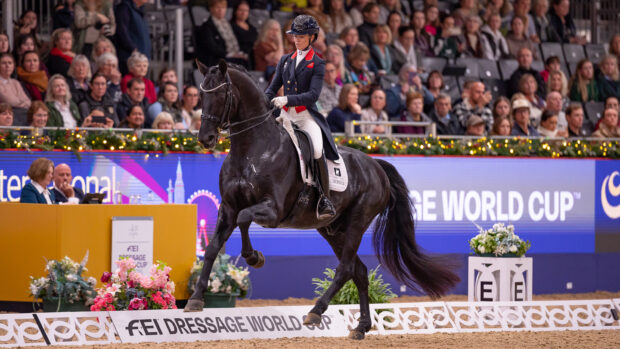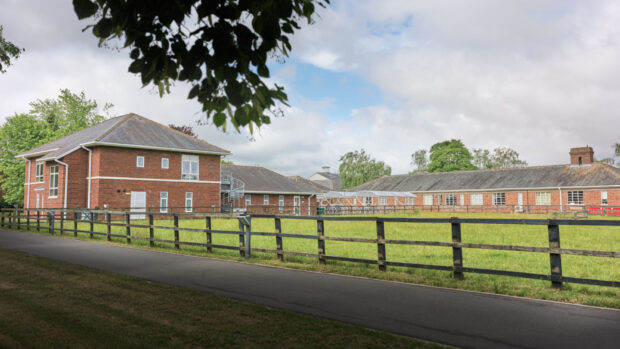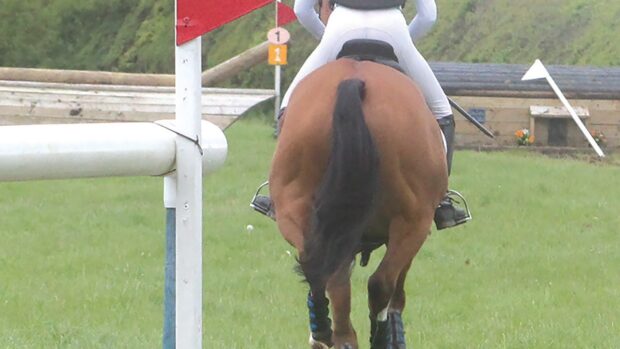Stable vices or stereotypies such windsucking and crib-biting are believed to be suffered by at least 20,000 horses in the UK and traditionally have been blamed on stress, insufficient turnout and a lack of contact with other equines.
However, new research by the University of Lincoln, in association with Feedmark, suggests thatthis unnatural behaviour may be due to horses suffering excessively high levels of stomach acid.
Sixty horses suffering from established stereotypies took part in the research, which included feeding an antacid supplement as part of their normal feeding regime, with varying results.
The horses fed a single dose of the antacid supplement began to show a reduction in the frequency of cribbing/windsucking after one week, with horses on the double dose cribbing less thanthose on the single dose. The horses tended to crib less after eating, although this varied from horse to horse, with some stopping the habit completely.
The trial was organised by Feedmark senior nutritionist Clare MacLeod and vet Daniel Mills, principal lecturer in behavioural studies and animal welfare at the University of Lincoln, over a period of up to eight weeks.
“Cribbing and windsucking both produce saliva, which will neutralise acid levels in the horse’s stomach, reducing any discomfort being suffered by the horse due to excessive stomach acid,” explains Daniel Mills.
“The antacid used in the trial also reduces the levels of acid in the stomach, thereby reducing the horse’s need to produce saliva via cribbing or windsucking. The result of this research supports other evidence suggesting a link between gastric acid and cribbing.
“The University of Lincoln is presently looking for funding to continue this research which hasmajor welfare implications for upto 50,000 horses in the UK, which suffer from these stereotypies.”
Feedmark has developed a new antacid supplement following the research. The company believes feeding an antacid is a more humane way of preventing horses from cribbing or wind sucking than using a traditional cribbing collar, which physically prevents the horse from performing the behaviour without removing the need.
“A horse wearing a collar to prevent crib-biting must be like having an itch, but being unable to scratch it,” said Feedmark’s Clare MacLeod.
If you are interested in supporting the continuation of the University of Lincoln’s research into cribbing and wind sucking please email dmills@lincoln.ac.uk
Visit www.feedmark.com for more information about the Feedmark range.
Read more about crib-biters:




